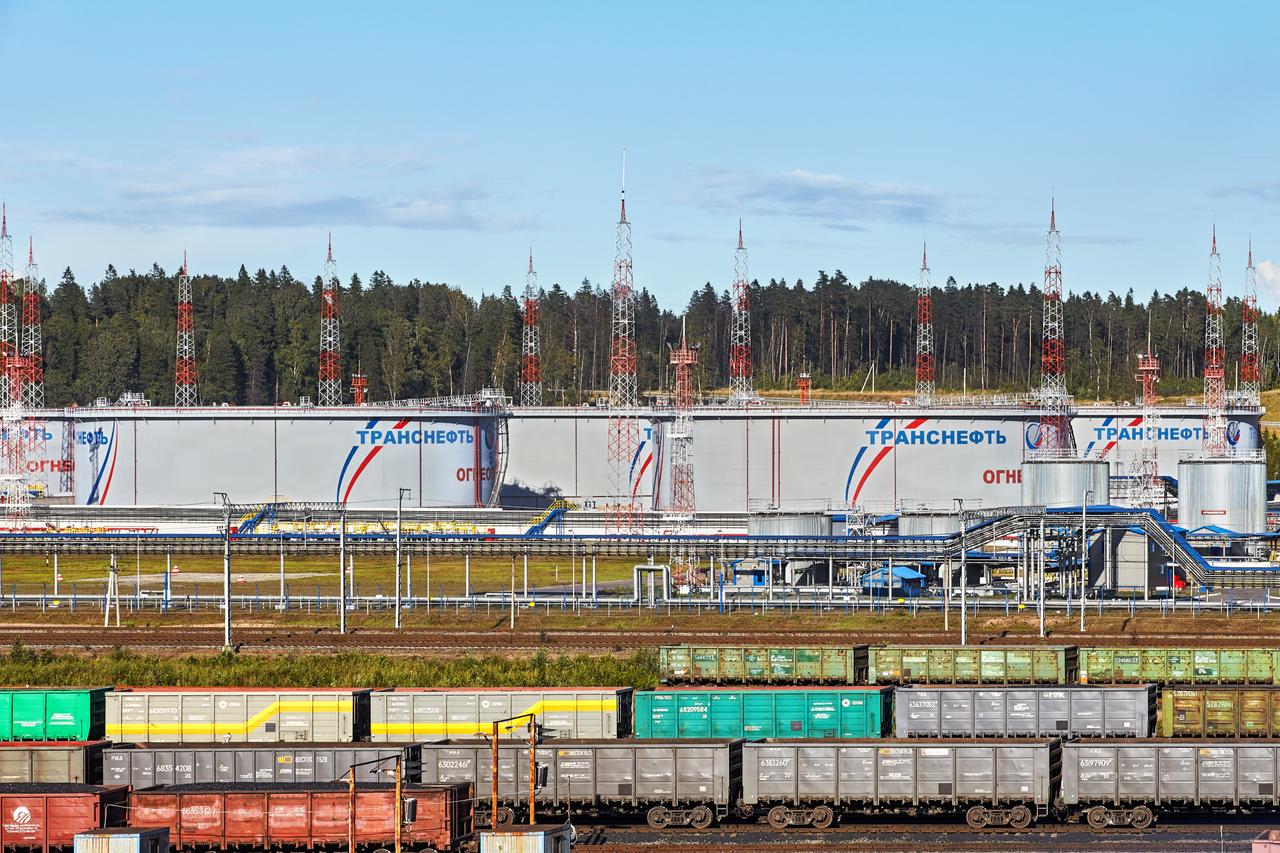
India will continue purchasing oil from Russia despite U.S. President Donald Trump's threats of penalties and a new 25% tariff on Indian exports, two Indian government sources told Reuters on Saturday.
The sources, who declined to be identified due to the sensitivity of the matter, said there would be no immediate changes to India's oil purchasing arrangements with Russia, contradicting Trump's claim Friday that he had heard India would stop buying Russian oil.
"These are long-term oil contracts," one of the sources told Reuters. "It is not so simple to just stop buying overnight."
A second source justified India's continued purchases, saying the imports of Russian grades had helped avoid a global surge in oil prices, which have remained subdued despite Western curbs on the Russian oil sector.
The source noted that unlike Iranian and Venezuelan oil, Russian crude is not subject to direct sanctions, and India is buying it below the current price cap fixed by the European Union.
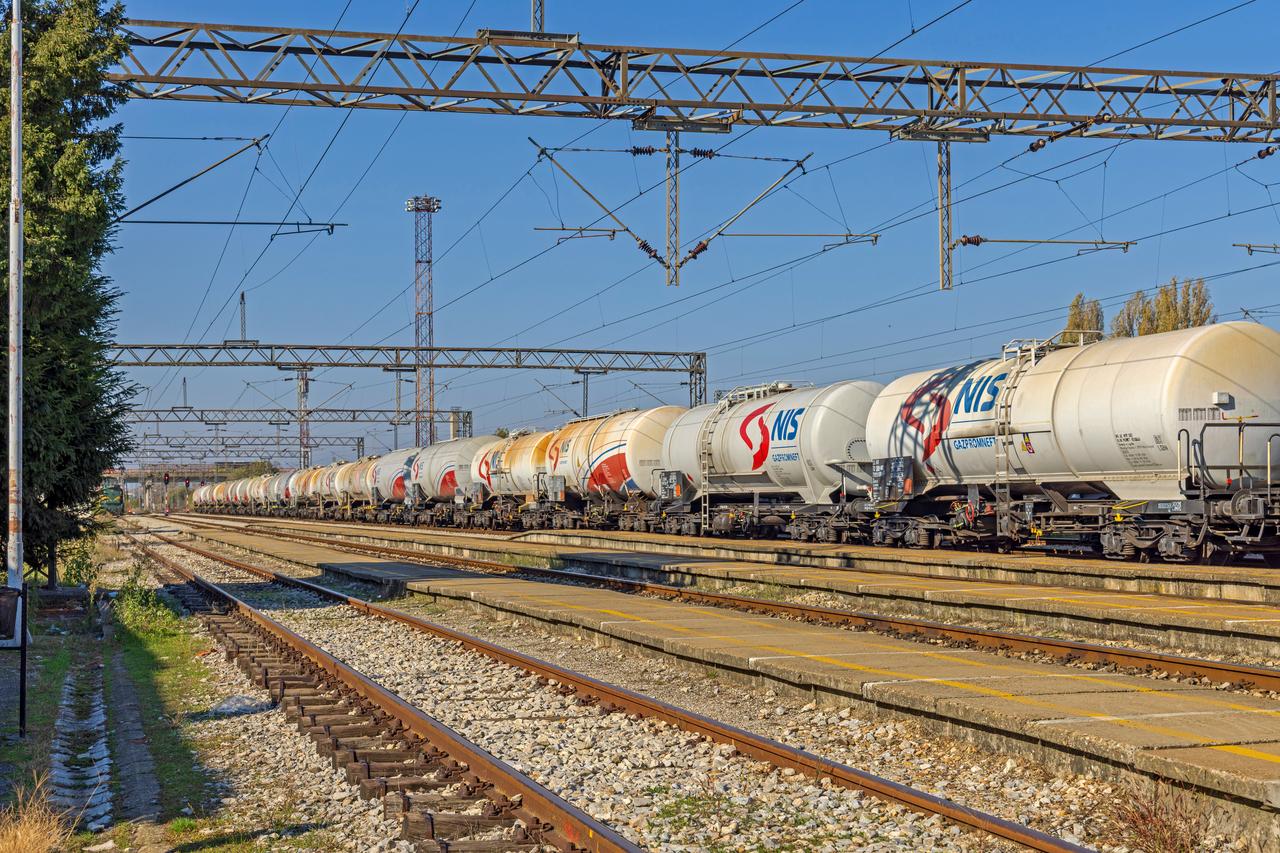
Trump told reporters Friday that ending Russian oil purchases would be "a good step" if true.
"I understand that India is no longer going to be buying oil from Russia," Trump said. "That's what I heard. I don't know if that's right or not. That is a good step. We will see what happens."
However, official sources in India, quoted by news agency ANI, rebutted Trump's claim, saying Indian oil companies had not paused Russian imports and that supply decisions were based on "price, grade of crude, inventories, logistics and other economic factors."
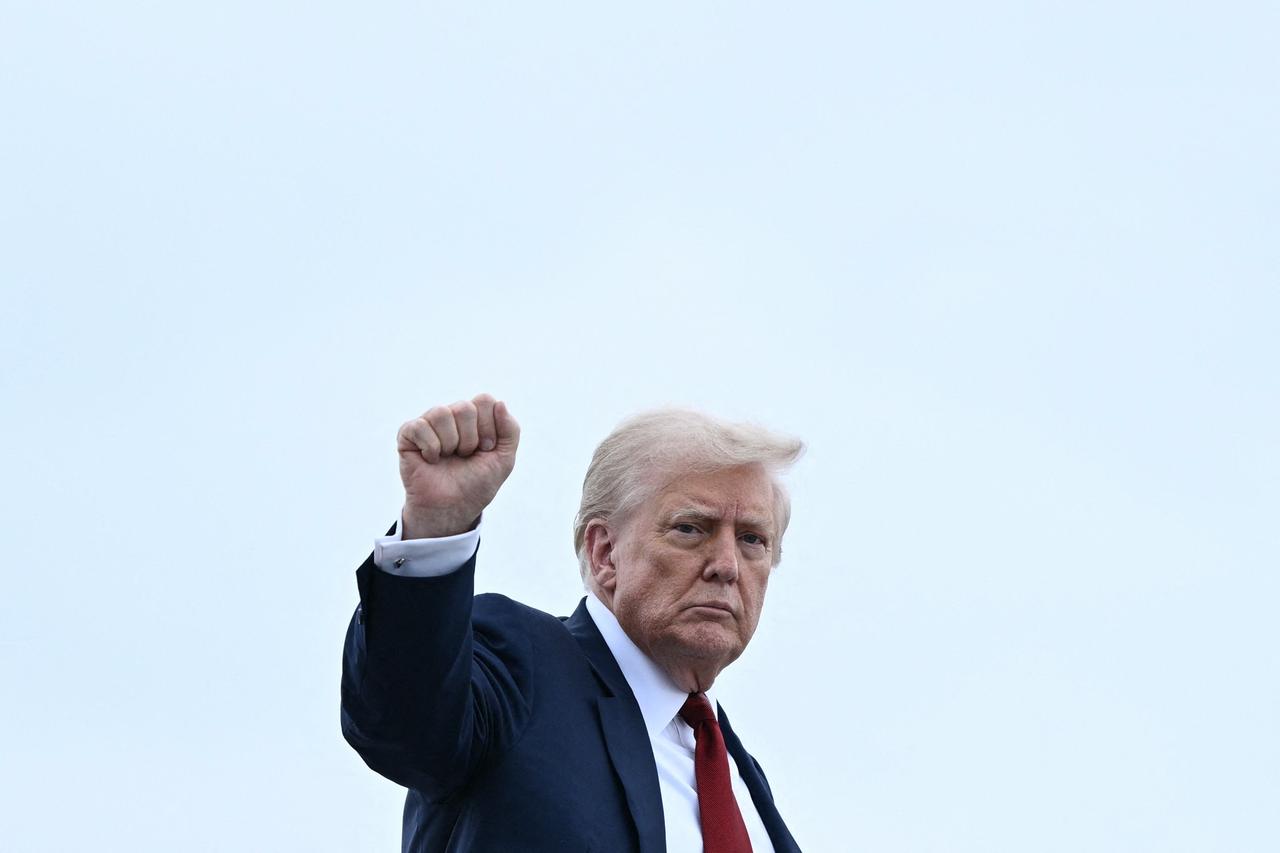
Russia is the leading supplier to India, the world's third-largest oil importer and consumer, accounting for about 35% of its overall supplies.
India imported about 1.75 million barrels per day of Russian oil from January to June this year, up 1% from a year ago, according to data provided to Reuters by sources.
The New York Times also quoted two unnamed senior Indian officials Saturday as saying there had been no change in Indian government policy. One official said the government had "not given any direction to oil companies" to cease buying oil from Russia.
Sources cited by ANI said Indian oil refineries operated in full compliance with international norms, noting that Russian oil had never been directly sanctioned by the U.S. or EU.
"Instead, it was subjected to a G7-EU price-cap mechanism designed to limit revenue while ensuring global supplies continued to flow," the sources said. "India's purchases have remained fully legitimate and within the framework of international norms."
During a regular press briefing Friday, Indian Foreign Ministry spokesperson Randhir Jaiswal said India has a "steady and time-tested partnership" with Russia.
"On our energy sourcing requirements ... we look at what is there available in the markets, what is there on offer, and also what is the prevailing global situation or circumstances," Jaiswal said.
Indian government authorities did not respond to Reuters' request for official comment on its oil purchasing intentions. The White House did not immediately respond to requests for comment.
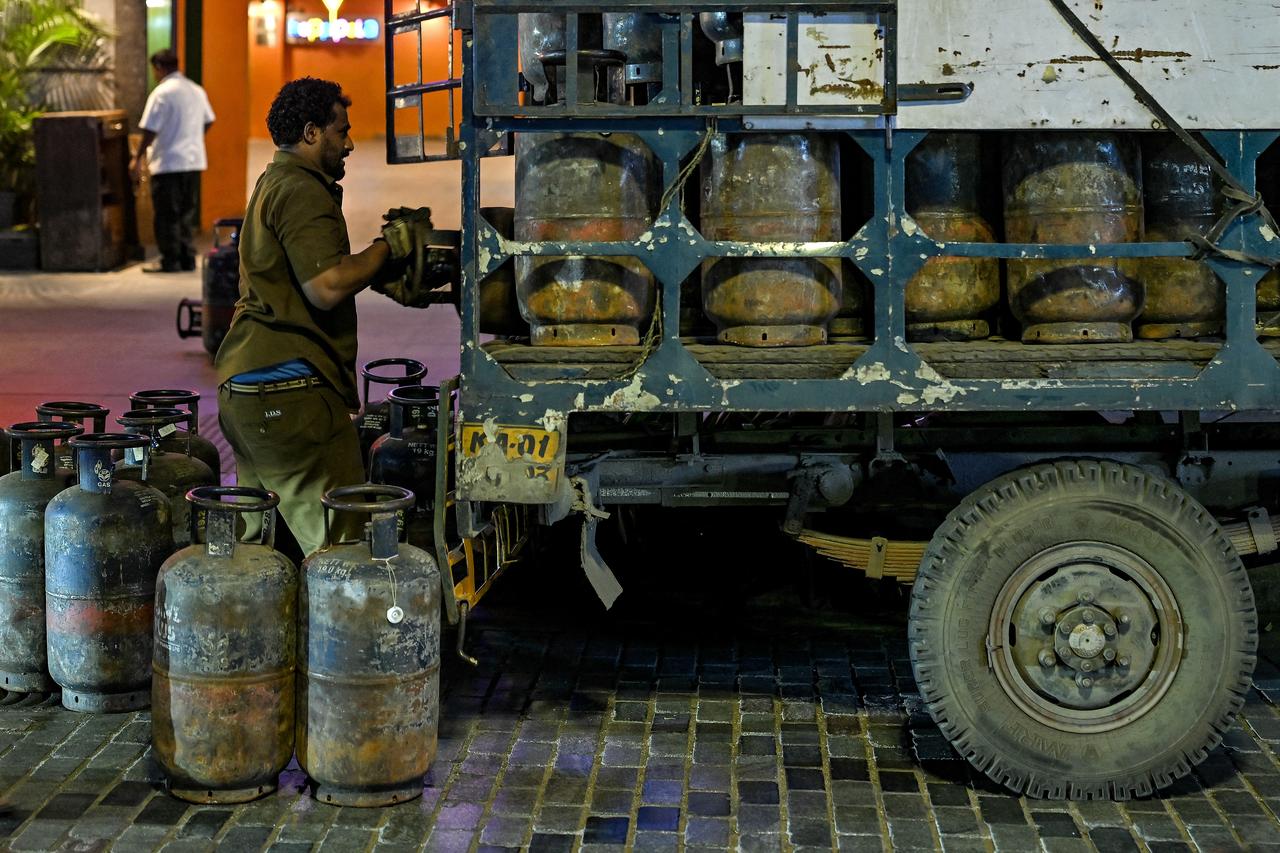
Trump, who has made ending Russia's war in Ukraine a priority of his administration since returning to office this year, has expressed growing impatience with Russian President Vladimir Putin in recent weeks.
He has threatened 100% tariffs on U.S. imports from countries that buy Russian oil unless Moscow reaches a major peace deal with Ukraine by Aug. 8.
The threats come after the White House announced 25% tariffs on all Indian goods Wednesday, along with a penalty for buying arms and energy from Russia amid the war in Ukraine.
In February, Trump hosted Prime Minister Narendra Modi in the Oval Office, embracing him and hailing him as "a great friend." But relations between the leaders have deteriorated sharply in recent months.
In a series of combative late-night Truth Social posts, Trump criticized India's trade barriers as "strenuous and obnoxious" and placed India alongside Russia, writing that both were saddled with "dead economies."
On July 30, Trump posted that while India was "our friend," it had always bought most of its military equipment from Russia and was "Russia's largest buyer of ENERGY, along with China, at a time when everyone wants Russia to STOP THE KILLING IN UKRAINE – ALL THINGS NOT GOOD!"
In a second post, Trump added: "I don't care what India does with Russia. They can take their dead economies down together, for all I care."
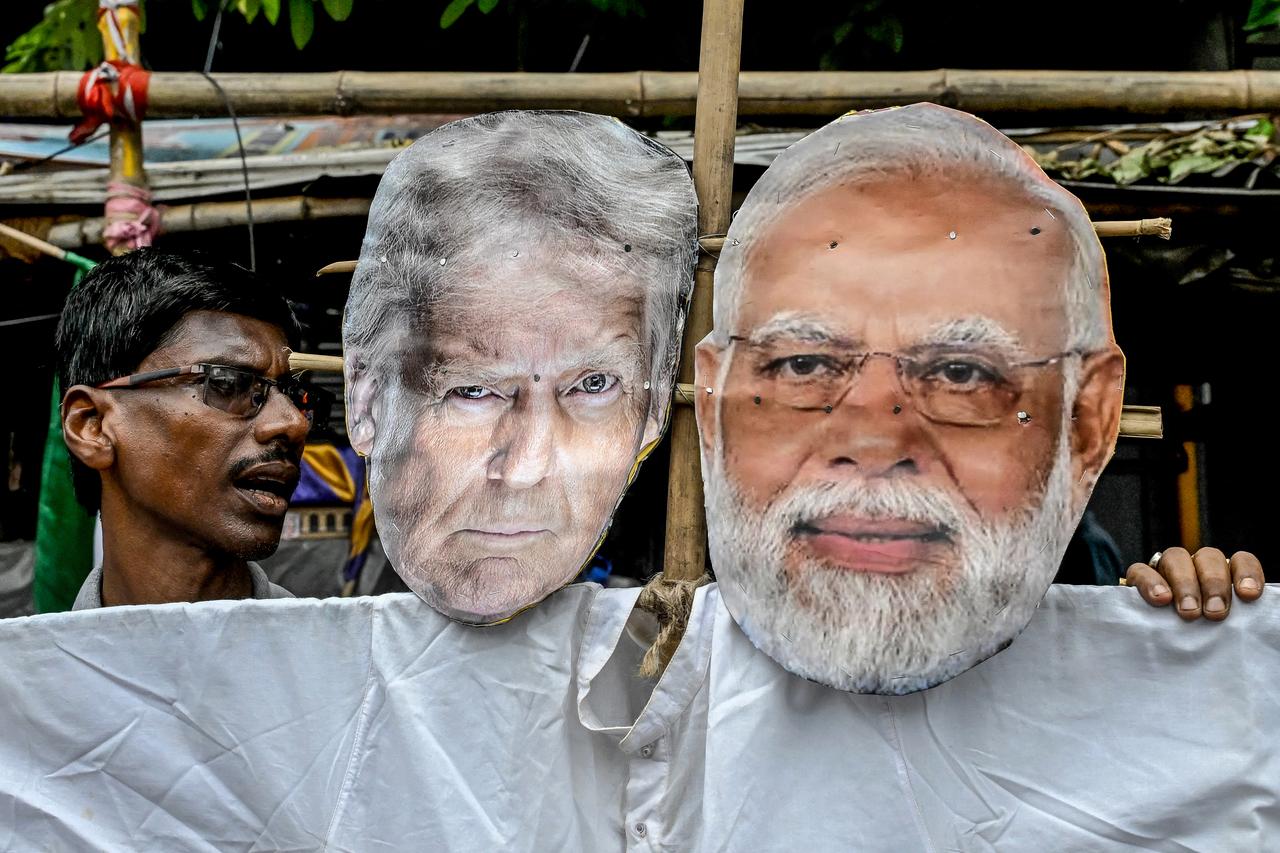
U.S. Secretary of State Marco Rubio called the oil purchases a "point of irritation" in remarks to Fox News Thursday, adding that "India . . . in essence is helping to fund [Russia's] war effort" in Ukraine.
Modi's government said it was examining the implications of Trump's move and officials told the Financial Times they still expect a U.S. delegation to return to India for trade talks later this month.
"We will take all necessary steps to secure and advance our national interest," Commerce Minister Piyush Goyal said in terse remarks to parliament.
While the Indian government may not be deterred by Trump's threats, sources told Reuters this week that Indian state refiners stopped buying Russian oil after July discounts narrowed to their lowest since 2022 — when sanctions were first imposed on Moscow — due to lower Russian exports and steady demand.